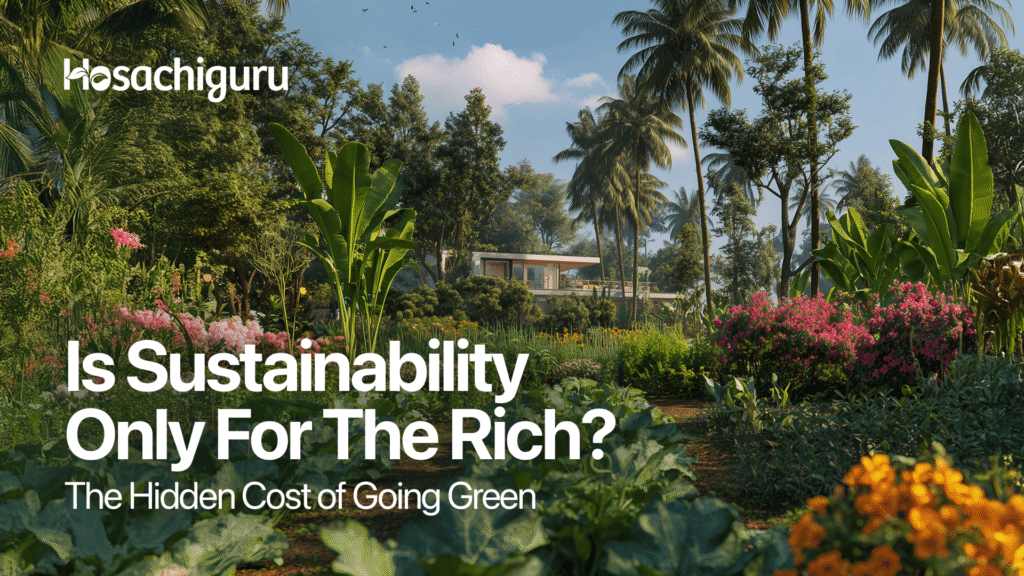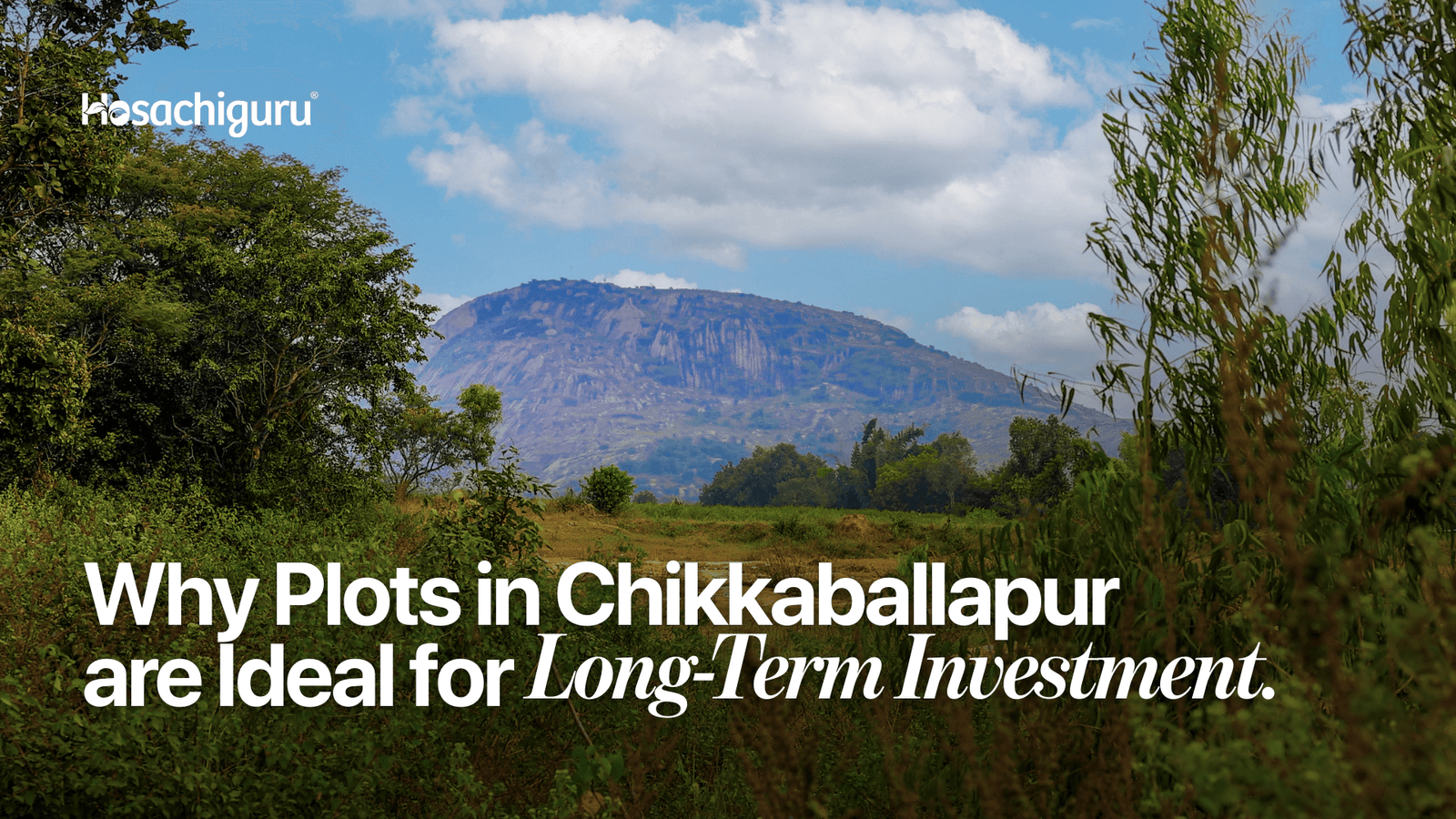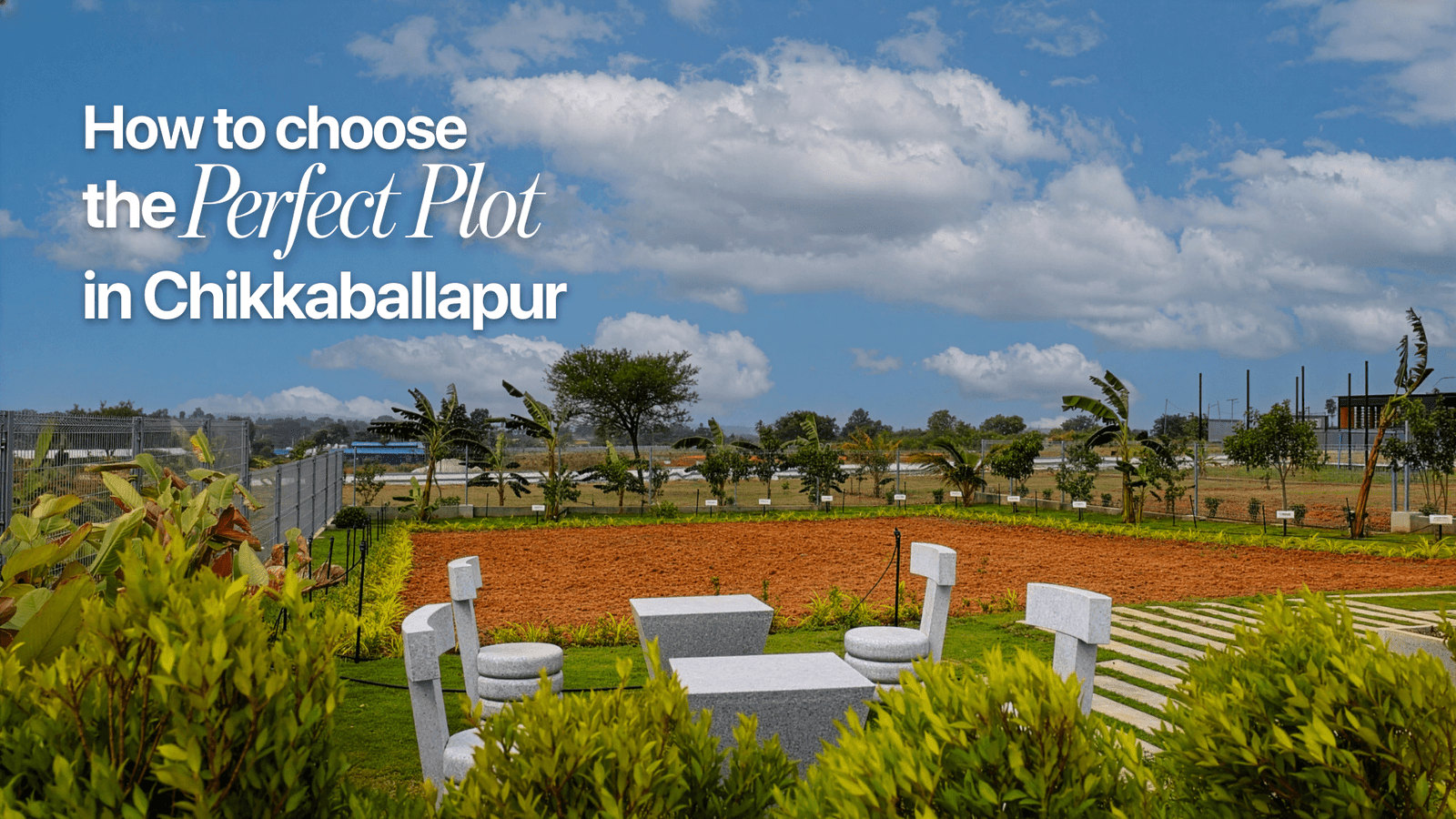“The environment is where we all meet; where we all have a mutual interest; it is the one thing all of us share.” – Lady Bird Johnson
September 26 isn’t just another date to circle on the calendar; it’s World Environmental Health Day. Which, if you think about it, is ironic, because if the environment is sick, it doesn’t really care whether we celebrate it or not. It quietly shows up in our coughs, our fevers, our allergies, and our hospitals.
This year’s theme is blunt enough to leave no room for spin: “Clean Air, Healthy People.” Translation? If you can’t breathe clean air, don’t expect to stay healthy. WHO reports that nine out of ten people breathe air that’s basically toxic. And about seven million people die prematurely each year because of it. Think about that for a second: breathing, the most natural thing we do, has become a health hazard.
The Bigger Picture: Health is Environmental
The WHO estimates that a quarter of the global disease burden could be prevented if our environments were healthier. That’s millions of preventable illnesses and deaths. Preventable. The problem isn’t fate—it’s fumes, waste, and shortsighted choices.
And here’s the part that stings: it’s not some distant global issue. It’s here, in our daily lives. When the air makes your kid wheeze, when your water tastes just slightly “off,” when summers feel like open ovens—congratulations, you’re experiencing environmental health up close.
Air Pollution: The Invisible Killer
Air pollution doesn’t discriminate. Vehicle exhaust, coal plants, wildfires—it all ends up in your lungs. In 2024, tropical fires nearly doubled rainforest losses, spewing out fine particles that traveled across borders like unwanted postcards.
But here’s the kicker: we already know the solutions. Switch to renewables, electrify transport, ditch smoky stoves, enforce emission standards. The same moves that save the climate also save our lungs. The problem isn’t that we don’t know what to do, it’s that we keep pretending breathing dirty air is normal.
Unsafe Water: A 21st-Century Embarrassment
More than 2.2 billion people still lack safe drinking water. Out of that, 1.7 billion rely on water contaminated with fecal matter. Yes, in 2025, millions are still drinking what should be flushed away. The result? Half a million deaths every year from diarrheal diseases.
And again, the solutions aren’t rocket science: wastewater treatment, sanitation, stronger infrastructure, community water safety. But we act as though clean water is a luxury item, instead of the baseline for a civilized society.
Climate Change: The Health Emergency You Can’t Ignore
If you still think climate change is about polar bears, here’s a reality check: WHO calls it a health crisis. Heatwaves killed 62,000 people in Europe in 2023. By 2050, climate change could add 250,000 deaths annually. And it’s not just heat—it’s vector-borne diseases, hunger, and displacement.
The root cause? Fossil fuels and deforestation. Yet every new coal plant or cleared forest patch is treated like “development.” Meanwhile, our bodies keep paying the bill—in hospital visits, medical expenses, and lost years of life.
Deforestation: Cutting Down Health Along with Trees
Every hectare of forest lost isn’t just a climate problem—it’s a health problem. Forests filter air, regulate water, and buffer diseases. In 2022, the world lost 6.6 million hectares of forest; in 2024, tropical fires took even more. Those flames don’t just consume trees, they release CO₂, displace communities, and weaken nature’s ability to heal us.
Plastic Pollution: Now Streaming Inside You
Here’s a thought to ruin your lunch: microplastics have been found in human lungs, blood, and even breast milk. Every year, 19–23 million tonnes of plastic leak into aquatic systems. Recycling? Only about 9% of global plastics get that lucky. The rest? They’re slowly working their way into your food chain.
And no, we can’t just recycle our way out of this. The solution is obvious but uncomfortable: stop producing so much single-use plastic in the first place.
Where Hosachiguru Fits In
Now, at Hosachiguru, we’ve always believed farms should heal, not harm. Our work with managed farmlands is built on one idea: a healthy environment equals healthy people.
- Clean Air: We plant trees, design windbreaks, and cut down on chemical use so local air is fresher, cleaner, and carbon gets locked in the soil, not the sky.
- Clean Water: Through rainwater harvesting, groundwater recharge, and natural treatment systems, we make sure water cycles back safely.
- Climate Action: Our regenerative agroforestry captures carbon, restores degraded soils, and reduces the need for fossil-fuel-heavy inputs.
- Less Plastic, More Soil: We compost, minimize packaging, and find natural alternatives so our farms don’t choke on plastic.
- Forest Stewardship: Many of our projects regenerate green cover, adding back what global deforestation keeps taking away.
Our farms are living proof that what heals the land also heals us.
The 2025 Lesson: Breathe Like the Future Depends On It
This year’s theme—“Clean Air, Healthy People”—feels less like a message and more like a warning label. Breathing is supposed to be free, but it’s starting to come with hidden costs. If we don’t change course, those costs will only rise.
At Hosachiguru, our belief is simple, really: when you protect the environment, you’re not saving “the planet”—you’re saving yourself. And that, more than any celebration day, is what environmental health is about.

 22 Sep 2025
22 Sep 2025  5 Min
5 Min


